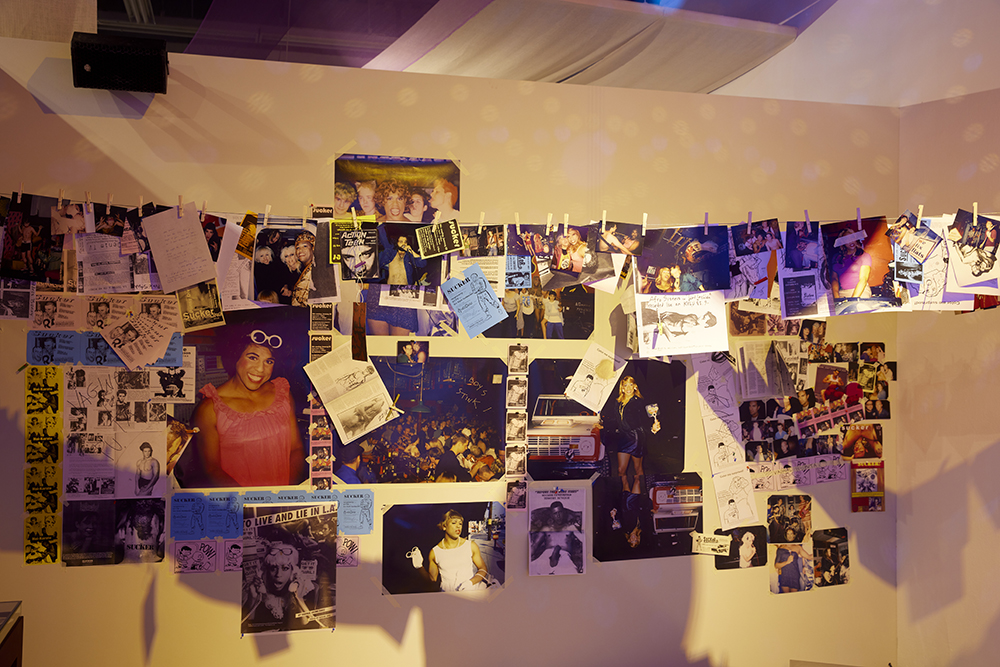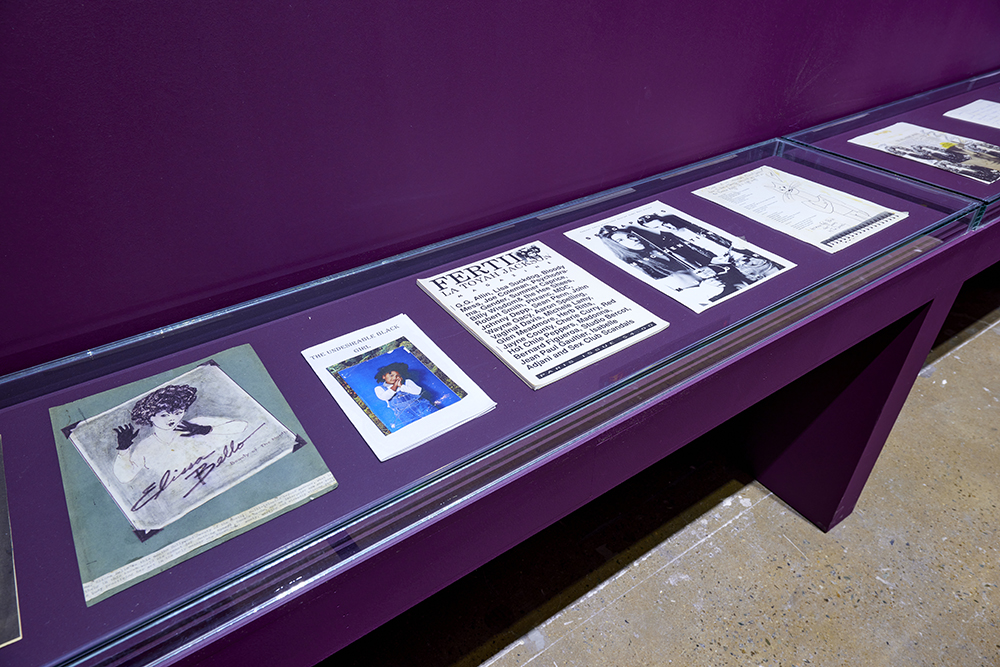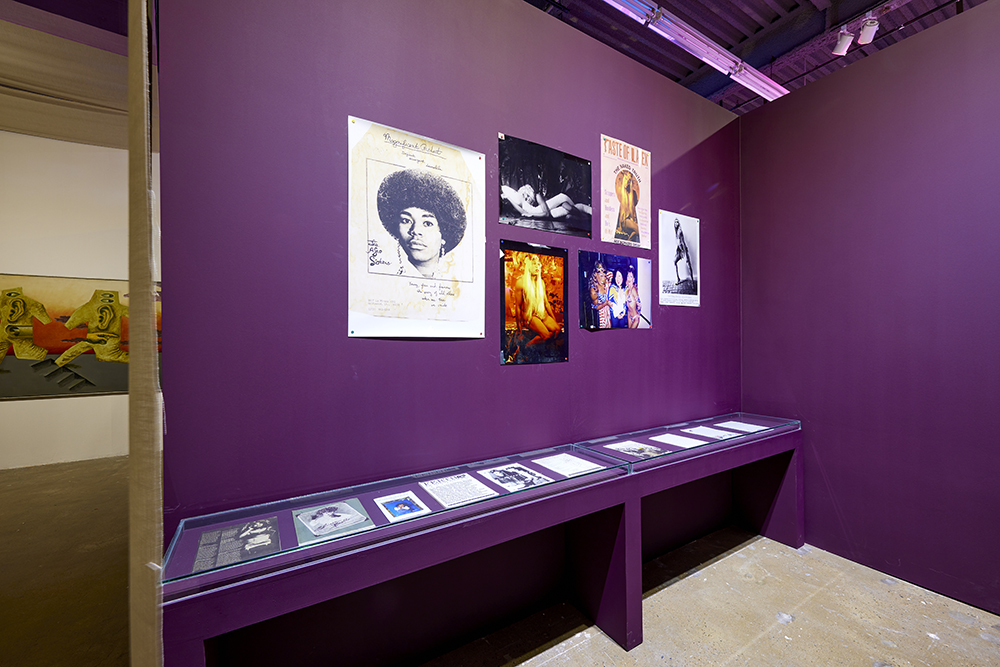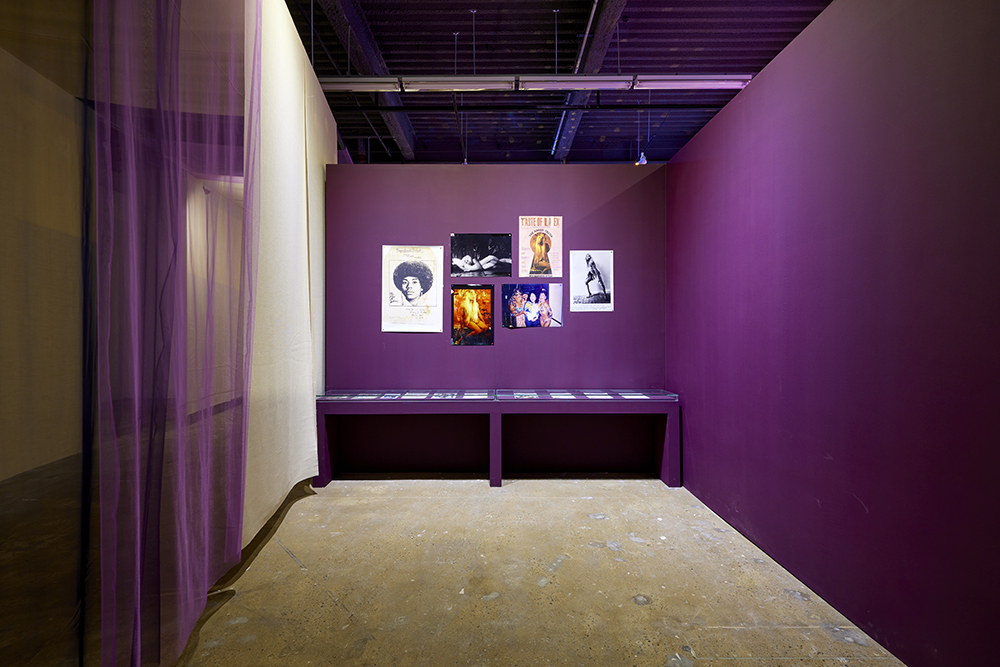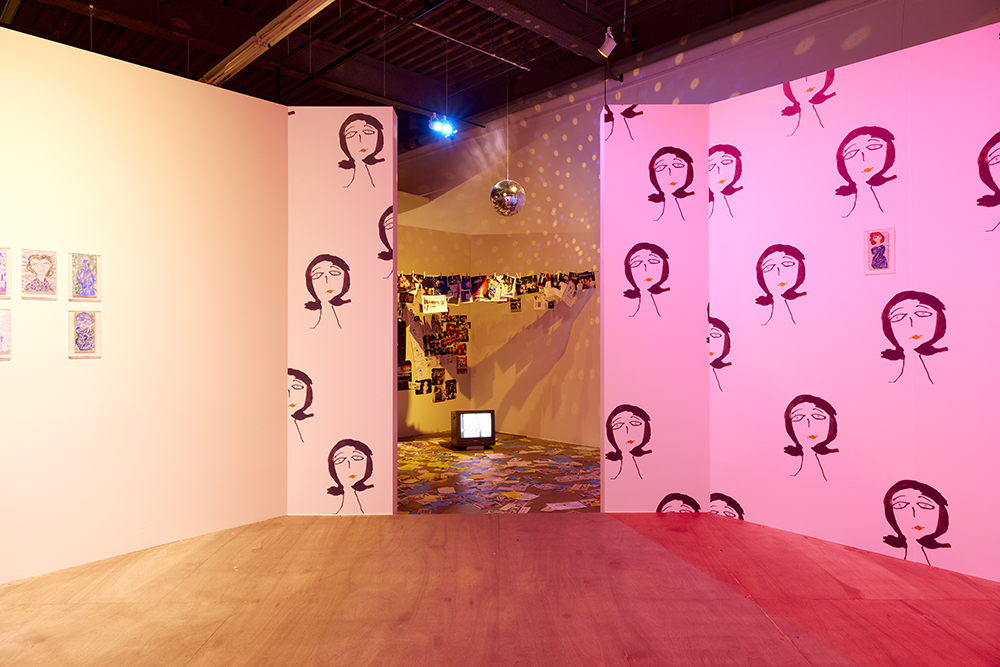13th Gwangju Bienniale — Minds Rising, Spirits Tuning
Gwangju, South Korea
April 1—May 9, 2021
The urban landscape of Central Los Angeles has long been shaped by successive arrivals of different immigrant groups. During the 1960s and 70s, Korean immigrants settled among local Latinx, Black, and other communities considered outsiders to the predominating heteronormative white American society. Eventually becoming the city’s Koreatown, this ethnically diverse neighborhood, however, was haunted by racial tensions and constant police surveillance. Growing up in the area, performing artist, composer, and filmmaker Vaginal Davis draws on this heritage to develop a queercore practice marked by her intersectional position that uniquely challenges binary categories of sex, gender, race, and class. In Koreatown, Davis carved out temporary autonomous zones for other misfits and professed freakazoids like herself to break the rules of social compliance. It was where she started the infamous apartment gallery HAG—small, contemporary haggard (1982–89), led the no-budget film studio, and production house The Cheese Endique Trifecta (1990–2005), and organized delirious parties at Club Sucker (1994–99).
Brought together for the first time in Gwangju, the installation presents formerly unknown works from Davis’s archive and pays tribute to these three initiatives. The spatial reconstruction, photographs, zines, and audiovisual pieces are mementos from a lifestyle that continuously refuses to adhere to the norm and uses parody as a form of social critique. In the installation, Davis appears dressed in a sparkling robe on tour with Asian-American stand-up comedian Margaret Cho, on the pages of her DIY fanzine Fertile La Toya Jackson, and with her art punk band Afro Sisters. HAG—small, contemporary, haggard takes the form of an Ames room of distorted proportions inhabited by a human-sized bread sculpture. Fragile paintings made from substances ubiquitous to Davis’s everyday life—mascara, nail polish, pain pills—depict visionary women from Koreatown and the Harlem Renaissance who worked to overcome the limitations imposed upon them because of their gender. The reconstruction of Club Sucker allows visitors to join the ecstatic atmosphere of events that questioned the aesthetics of flawlessness and celebrated freakiness as an act of organic resistance.
—Krisztina Hunya

